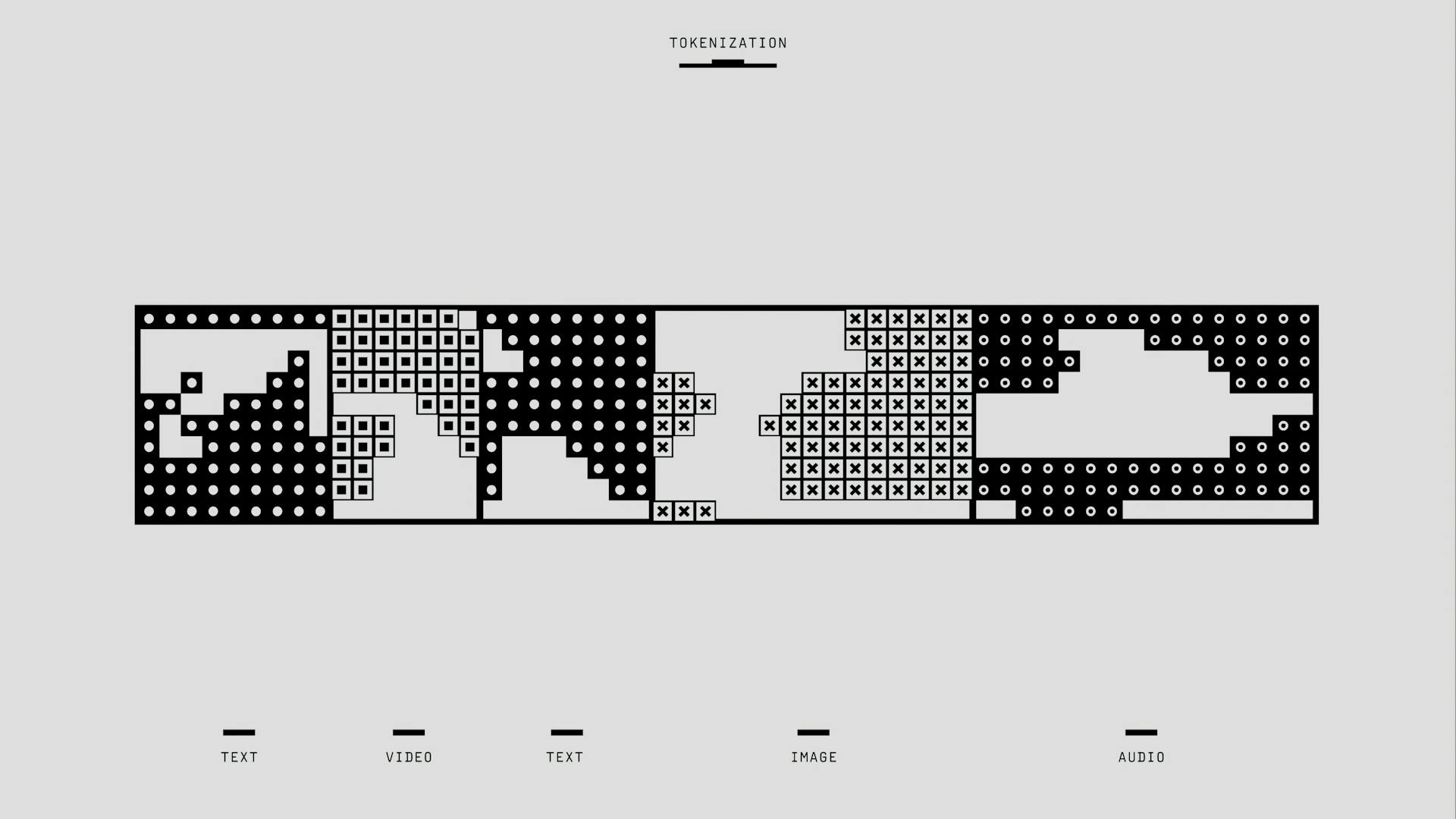When you go to the hospital and get a blood test, the results are put in a dataset and compared with other patients’ results and population data. This lets doctors compare you (your blood, age, sex, health history, scans, etc) to other patients’ results and histories, allowing them to predict, manage and develop new treatments....
Category: AI
The EU AI Act: Your Essential Guide to New Regulations
The EU AI Act is finally here! Published in the Official Journal of the EU on July 12, this groundbreaking regulation comes into force today, August 1, 2024. But don’t worry, the changes won’t hit you all at once. There’s a detailed schedule outlining who needs to comply and when. Key Points You Need to...
The Trend Towards Smaller Language Models in AI
The landscape of artificial intelligence (AI) is undergoing a notable transformation, shifting from the pursuit of ever-larger language models (LLMs) to the development of smaller, more efficient models. This shift, driven by technological advancements and practical considerations, is redefining how AI systems are built, deployed, and utilized across various sectors. The Shift in AI Model...
Understanding Tokens in AI
In the realm of Artificial Intelligence (AI), particularly in the context of Large Language Models (LLMs), tokens are the fundamental units of language that enable machines to comprehend and generate human-like text. This article delves into the world of tokens, exploring their definition, history, types, and significance in the AI landscape. What are Tokens? In...
FraudGPT and other malicious AIs are the new frontier of online threats. What can we do?
The internet, a vast and indispensable resource for modern society, has a darker side where malicious activities thrive. From identity theft to sophisticated malware attacks, cyber criminals keep coming up with new scam methods. Widely available generative artificial intelligence (AI) tools have now added a new layer of complexity to the cyber security landscape. Staying...
Embeddings: The Secret Sauce in AI’s Data Cuisine
In the world of artificial intelligence (AI), data is the main ingredient. But just like raw ingredients need preparation before they become a delicious meal, data must be transformed into a palatable format for AI systems, particularly large language models (LLMs), to "digest." This is where embeddings enter the kitchen, serving as the secret sauce...
Training AI requires more data than we have — generating synthetic data could help solve this challenge
The rapid rise of generative artificial intelligence like OpenAI’s GPT-4 has brought remarkable advancements, but it also presents significant risks. One of the most pressing issues is model collapse, a phenomenon where AI models trained on largely AI-generated content tend to degrade over time. This degradation occurs as AI models lose information about their true...
What are Jupyter Notebooks?
Welcome to the exciting world of Jupyter Notebooks! Whether you’re a seasoned data scientist or a curious beginner, Jupyter Notebooks offer a versatile, interactive environment for developing and sharing code. In this post, we’ll explore what makes Jupyter Notebooks a powerful tool for data analysis, machine learning, and beyond, along with practical examples to get...
Embracing Home-Cooked Software: The Shift Towards Local-First Development
In the evolving landscape of software development, there’s a growing movement towards creating more personalized, community-driven, and locally controlled applications. This movement, often described as “home-cooked software,” is championed by what Maggie Appleton terms “barefoot developers” — individuals focused on crafting software solutions that address local needs and contexts. The Rise of Barefoot Developers Inspired...
Power-hungry AI is driving a surge in tech giant carbon emissions. Nobody knows what to do about it
Since the release of ChatGPT in November 2022, the world has seen an incredible surge in investment, development and use of artificial intelligence (AI) applications. According to one estimate, the amount of computational power used for AI is doubling roughly every 100 days. The social and economic impacts of this boom have provoked reactions around...









